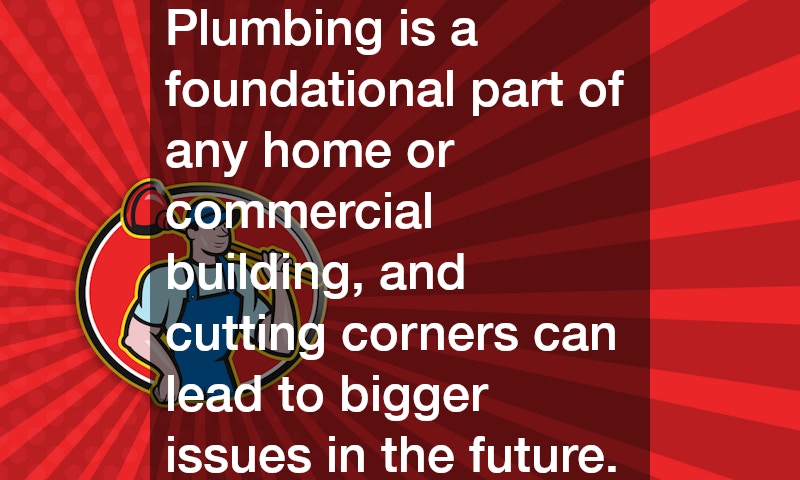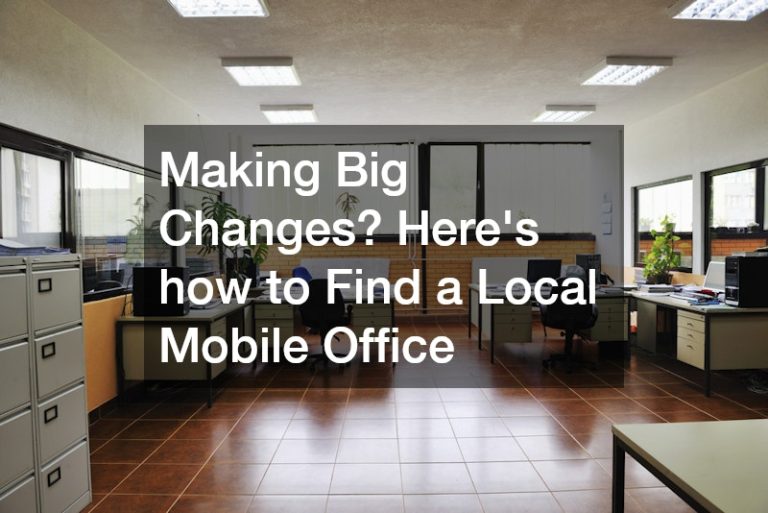
When plumbing issues arise, whether it’s a leaking tap, a blocked drain or a more complex pipe replacement, hiring the right plumbing professional can make all the difference. A qualified and transparent provider will not only deliver efficient solutions but also help you avoid recurring issues. Before entrusting your home or business to just anyone, it’s essential to ask the right questions. Understanding a plumbing service provider’s qualifications, procedures and communication style can save you from poor workmanship and costly repairs down the track.
Are You Fully Licensed & Insured?
The first and most important question to ask any plumbing service provider is whether they are properly licensed and insured to operate in your area. In Australia, plumbers must hold a licence issued by the relevant state authority, such as the Victorian Building Authority (VBA) or the NSW Fair Trading office.
A valid licence assures you that the plumber has the necessary training and experience to handle plumbing work in compliance with Australian standards. Additionally, insurance coverage protects both the plumber and your property in case of accidental damage or injury. Without appropriate insurance, you may be held liable for any issues that arise during the job.
What Experience Do You Have with Similar Jobs?
Every plumbing task is different, and experience matters. Whether it’s a residential hot water system installation or commercial backflow prevention testing, you’ll want to know that the provider has tackled similar projects successfully in the past. Ask for examples or references where possible. A reputable plumbing service will have a track record of completed jobs and will be happy to share details of their past work. Their confidence in discussing past projects can also give you insight into their problem-solving approach and technical know-how.
Can You Provide a Detailed Quote?
Avoiding unpleasant surprises starts with getting a detailed quote upfront. A thorough plumbing service provider should offer a transparent breakdown of all expected costs, including labour, materials and any potential call-out fees. Don’t settle for vague estimates or incomplete pricing. Ask if there are additional charges for emergency callouts or weekend visits. Clarifying the scope and cost of work from the outset helps establish trust and avoids financial misunderstandings later on.
Do You Guarantee Your Work?
Quality assurance is another critical element to address. Reputable plumbers stand behind their workmanship and are willing to guarantee their services. Ask how long the guarantee lasts and what it covers. This might include not only the labour performed but also any parts supplied. A reliable plumbing service should be willing to rectify any post-job issues that arise within the guarantee period at no extra cost. Guarantees demonstrate the provider’s commitment to long-term customer satisfaction rather than short-term fixes.
How Do You Handle Unexpected Complications?
Even the best-planned jobs can run into hidden challenges such as corroded pipes or poor workmanship by previous contractors. Ask the plumbing service provider how they handle unforeseen complications during a job. Do they pause to consult with you before proceeding with additional work? Do they explain new costs clearly? Their approach to these situations reflects their professionalism, communication style and respect for your budget. It’s best to work with someone who keeps you informed and involved throughout the process.
Will You Clean Up After the Job?
Clean-up might seem like a minor concern, but it often sets great plumbing professionals apart from average ones. After completing the task, the area should be left clean and safe, especially if the work involved cutting pipes, removing fixtures or accessing underground lines. Before hiring, confirm whether the provider includes site clean-up in their standard service. A considerate and customer-focused plumbing service will treat your property with care and ensure everything is tidy when they leave.
What Are Your Hours of Operation & Emergency Availability?
Plumbing emergencies rarely wait for convenient business hours. It’s important to know whether your chosen provider offers 24/7 emergency services. Ask about their response time and how they prioritise urgent situations such as burst pipes or blocked sewage lines. Even if you don’t need emergency help now, knowing your plumber is available in a crisis can offer peace of mind. A plumbing service that provides prompt and dependable emergency support reflects a strong commitment to its customers.
Do You Use Quality Parts & Materials?
Not all plumbing components are created equal. The durability of the parts and fixtures used in your plumbing repairs or installations has a significant impact on the long-term results. Ask the provider where they source their materials and whether they use branded or industry-recommended products. A credible plumbing service will only work with suppliers that provide certified and durable parts, ensuring your plumbing system performs efficiently and lasts longer.
The Final Word on Choosing the Right Plumbing Service
Finding a dependable plumbing provider isn’t just about cost; it’s about value, transparency and lasting results. By asking these key questions, you equip yourself with the knowledge to make a well-informed decision. The ideal plumbing service will demonstrate not only technical expertise but also a customer-centric approach. They’ll communicate clearly, respect your time and property, and deliver quality outcomes that stand the test of time.
Plumbing is a foundational part of any home or commercial building, and cutting corners can lead to bigger issues in the future. That’s why it’s worth the effort to vet providers carefully. From licensing and guarantees to communication and materials, the answers you receive can help reveal whether you’re hiring a provider who truly values your satisfaction and safety.
.



